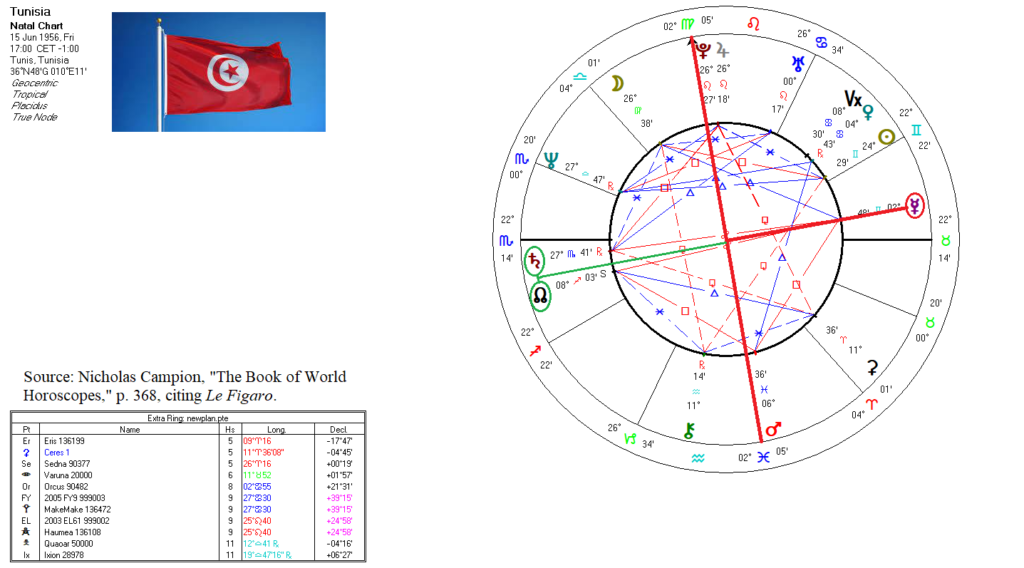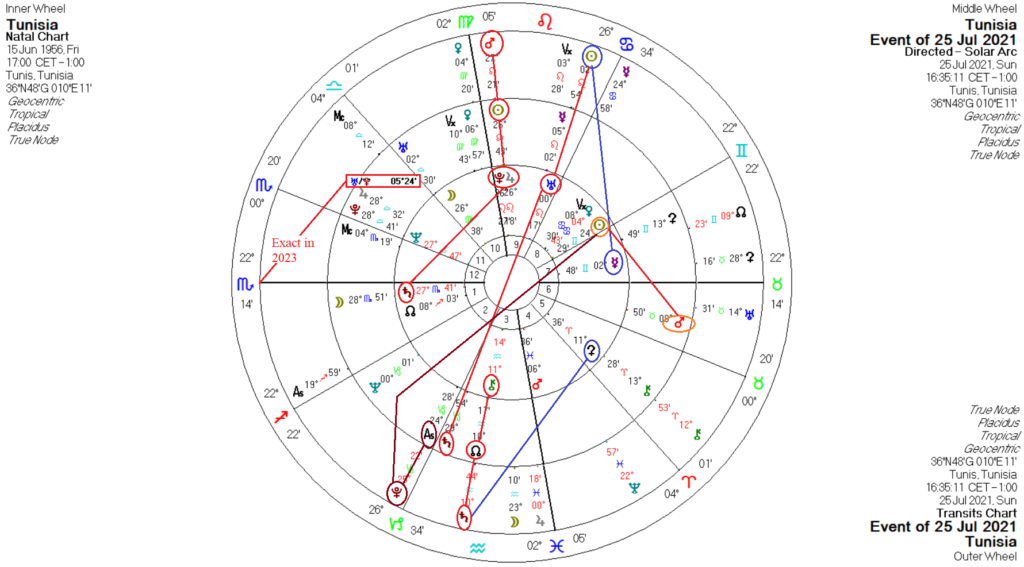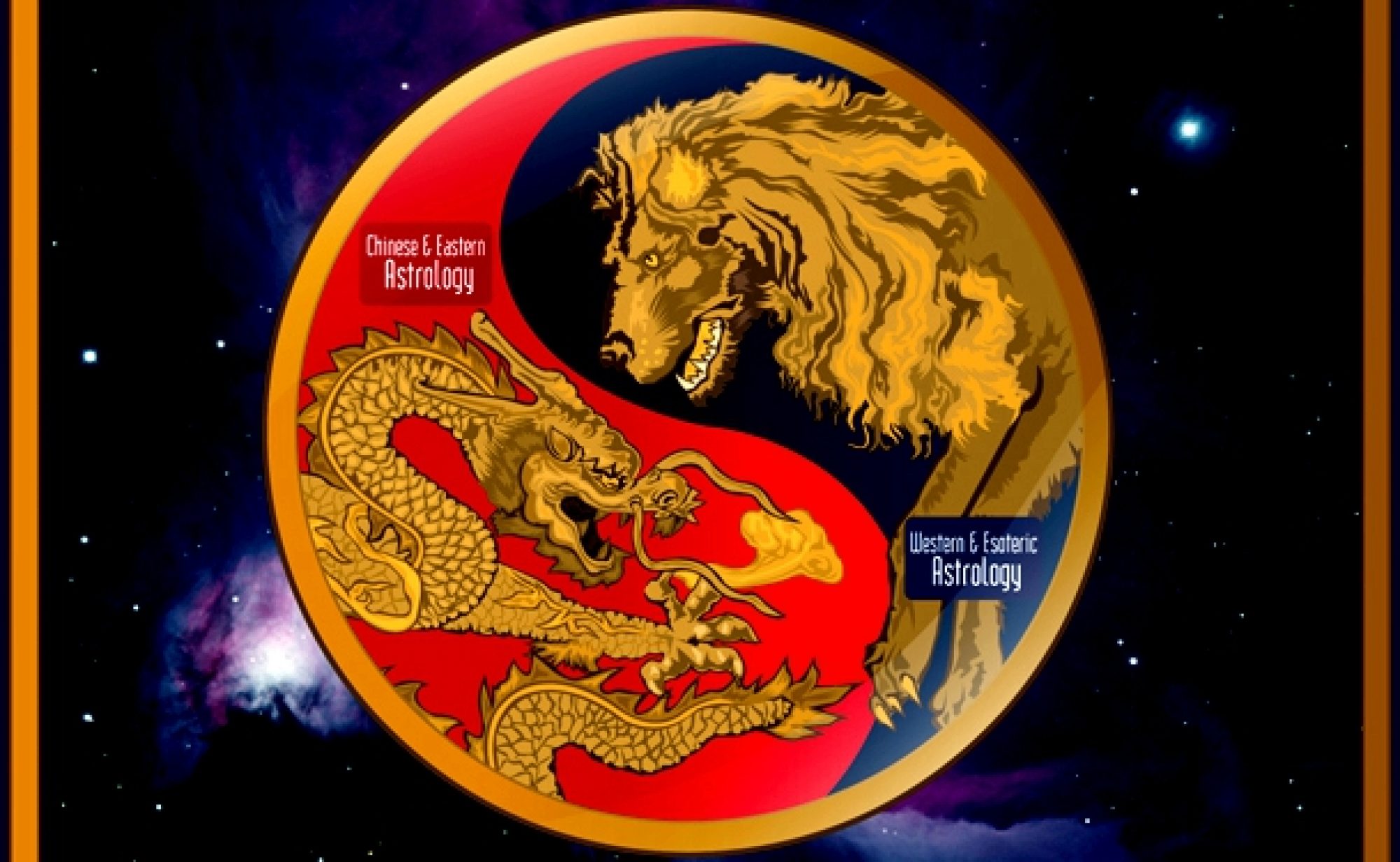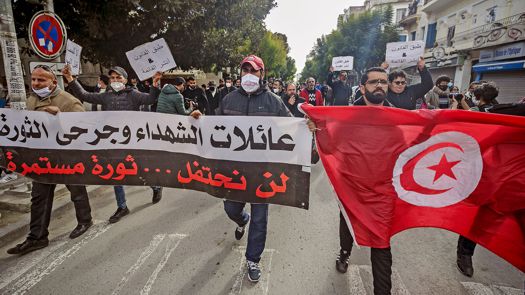On 25 July 2021, the President of Tunisia, citing Art 80 of the Tunisia’s constitution suspended Tunisia’s parliament and sacked the Prime Minister. The opposition in Tunisia is calling the move a coup. President Kais Saied says he is acting within constitutional law, saying the COVID crisis represents a threat to the nation’s security, further pointing to the mishandling of the crisis by the parliament and the sacked PM. Tunisia has been held up as the success story of the 2011 Arab Spring uprisings, being held as an example of the triumph of democracy over autocratic rule in the MENA region. So, is this a coup or a simple crisis that will eventually blow over?
Tunisia gained its independence from France on 15 June 1956. The chart is below (bigger):

The immediate standout is the partile t-square formed by Mercury and the Meridian axis, with Mercury in the 7th house. Virgo rules the MC (the sitting government), with Mercury in Gemini, which would make it the ruler of the chart. However, Pluto is joined by Jupiter in the 9th house (foreign affairs and the judiciary) conjunct the MC and with Pluto ruling the nation’s Scorpio Ascendant. We could say there is a dual rulership to this chart – Mercury and Pluto.
Then, there is the midpoint Mer=Sat/Node, which also squares the Meridian axis. That midpoint reads as follows: “The inclination to form one’s own conclusions, the experience of difficulties when exchanging thoughts or ideas with others. – Thoughts of separation, estrangement or alienation”. That is combined with MC=Sat/Node: “Inhibited development of one’s own individuality, the state of feeling depressed, standing alone in life.”
Then, to cap off the preceding points, we have Mercury in a combative square with Mars from the 4th house (the public, opposition parties and infrastructure), but with the Virgo Moon also trine Mars, the former from the 10th house. The latter points to a large participation of women in government.
In general, what we see in the preceding indications is a government that inclines toward oligarchic and authoritarian control (Jupiter/Pluto conjunct the MC), thereafter toward multiplicity on the one hand and open combativeness and infighting on the other hand (Mercury in the 7th square Mars and square the MC) and with strong opposition parties (Mars in the 4th). This has all been evident in independent Tunisia’s history. There are over 100 legal political parties in Tunisia, for instance and women hold on average more than 25% of the seats in the legislative assembly. The latter brings Tunisia up to the top 30 nations with women as lawmakers, just ahead of Italy and well ahead of the US. These factors are important to understand regarding the current political crisis in Tunisia.
As far as the chart itself is concerned, the following key events since independence go toward proving the chart:
These bring us to the current transits and directions for the time of the ousting of Tunisia’s PM. The chart is below (bigger):

Astrologically, the indicators lean more toward the events of the 25th being a constitutional crisis rather than a coup. Neither the MC nor Mercury are activated in the transits and directions, ruling out the overthrow of the government. Instead, the 9th house (the nation’s constitution) is strongly activated by transits and directions. The only contact to Mercury is a transit from the Sun by sextile, which shows as being more beneficial to government than stressful.
Instead, there are four trains of directions, all activated by transits, as follows:
- MarsT to SunD to Jupiter/PlutoN square SaturnN
- SunT to SaturnD to UranusN
- SaturnT to NodeD to ChironN
- PlutoT to AscD, PlutoT to SunN by quincunx
The first bullet point above is the most important to our considerations. The 9th house is ruled in the primary by the Moon and by intercepted sign by the Sun. The directed Sun was conjunct the natal Jupiter/Saturn/Pluto combination, activated by transiting Mars, the latter showing the precipitous nature of the event. The natal conjunction shows the desire for power (plutocracy), but square to Saturn shows frustrations and setbacks to the plutocrats in Tunisia. The solar arc direction to the natal combination would have given hope to the plutocrats, but instead was brought asunder by the Mars transit. This bears a little explanation.
Tunisia is a Sunni Muslim state by religion, but exists as a secular government, ensured by the 1956 revolution. The population is largely secular, with Tunisia being the most secular Arab state in the world.
The first PM, Habib Bourguiba, was an autocrat, with Amnesty International calling post-independence Tunisia the most modern, yet repressive government in the Arab World. When Bourguiba was ousted, Zine al-Abidine Ben Ali took over as President and he was little if any better than Bourguiba. The EU and especially France, the old colonial master, routinely turned a blind eye to human rights abuses in Tunisia. Tunisia has been a favorite vacation spot for Europeans because it was seen as stable. The US also favoured Tunisian business ties, along with many European governments. With Saturn conjunct the Ascendant in the independence chart, repression has always been used as a tool by the autocratic class in Tunisia to stifle dissent and control the populace.
With the Arab Spring uprisings, the Ennahda Movement was legalized and formed government after the collapse of the Ben Ali government and ruled until 2014, when it stepped down. The Ennahda Movement has been blamed for the assassinations of two progressive Tunisian leaders after the 2011 revolution. The party has also surfaced again in relation to the present troubles. Its leader has advocated for Sharia law and the party has taken inspiration from the Muslim Brotherhood’s ideology on the one hand, the model of an Islamic state from Iran on the other hand. Secularists in Tunisia, who hold the majority, have sought to suppress Ennahda as a political force.
Coming to today, the present suspension of parliament and the PM came upon the heels of an investigation by the judiciary started on 14 July:
Tunisia’s judiciary has opened an investigation into three political parties, including Ennahda and Heart of Tunisia, on suspicion of receiving foreign funds during the 2019 election campaign, a judicial source has told Reuters.
The investigation was opened on 14 July, before President Kais Saied dismissed the prime minister, froze parliament and rescinded parliamentary immunity for MPs, in a move that both parties branded as a coup.
Tunisia’s judiciary spoke out on Monday following Saied’s move, insisting it remained independent. Ennahda and media mogul Nabil Karoui’s Heart of Tunisia are the two largest parties in the deeply fragmented parliament elected in September 2019.
But even Saied is not beyond reproach, himself being accused of receiving campaign funding in 2019 from a foreign source – namely “from an intelligence officer working at the US embassy in Paris”. Both the American embassy and Saied deny the allegations. Further from the linked article:
Saied, an independent, campaigned in 2019 as a new broom against what he painted as a corrupt, stagnant political elite focused on its own narrow interests and responsible for a decline in Tunisian living standards after the 2011 revolution. On Sunday, he said he had rescinded parliamentary immunity in order to subject corrupt parliamentarians to the law “despite their wealth and positions”.
The opposition parties and foreign governments are calling Saied’s action a coup. In 30 days, as in 25th of August, we shall see, since Art 80 of the Tunisian constitution stipulates that the Speaker of the Parliament should decide whether the emergency measures are further warranted. But the parliament has been suspended. If the measures go on past the 25th of August, then we are probably looking at something more than a simple leadership spill. Tunisia’s troubles do not resemble those of Myanmar so much, but Tunisia is a signatory to China’s BRI. Whether that has played a covert role in the present protests remains to be seen.
There are allegations of the Saudis and the UAE funnelling money into various factions in Tunisia’s government, and they would rather see an Islamic state with Sharia law than a secular state. It is clear the US supports Saied and his factions. But then, they supported the autocratic state, too. One thing that is evident is that a lot of money is involved, as the leaders in the opposition parties are all wealthy. But one of the biggest reasons underlying Saied’s actions, allegedly, were the powerful Islamic factions who were pressing for more Islamic law.
As far as the people of Tunisia are concerned, they have seen their living standards decline since the 2011 revolution, and the COVID measures that were being pressed for were the last straw. The foreign interference in Tunisia’s affairs is shown by the 9th house emphases regarding the 9th house activations in the current transits and directions. The protests are ongoing and the President has sacked more government officials.
Not often emphasized in the press is the fact that the sacking of the government was in response to popular protests and demands:
On July 25, their national holiday, Republic Day, thousands of citizens of this North African nation took to the streets of the capital and other major cities to demand the dissolution of Parliament and early elections. The protesters demanded a change in the political regime and those responsible for the worsening of the country’s epidemiological and socio-economic condition be brought to justice.
One of the protesters’ main demands was against the ruling Ennahda Movement (also known as the Renaissance Party) policies, which has been in power since 2011. The action began in the suburbs of the capital, in Le Bardo, where protesters surrounded the building of the Assembly of the Representatives of the People of Tunisia (APR, unicameral Parliament)…
Further:
Tunisians blame the Ennahda Movement for the deteriorating situation in the country. The party was founded on June 6, 1981, as an Islamic movement and operated illegally for several decades. The official authorization for political activity was received on March 3, 2011, after Tunisian President Zine El Abidine Ben Ali resigned and fled to Saudi Arabia due to the Second Jasmine Revolution.
The protests are increasing pressure on the country’s fragile government, which is engaged in a political struggle with President Kais Saied as he tries to avert an impending financial crisis amid a week-long spike in the COVID-19 pandemic and rising death rates.
Recently, the Tunisian health system has been under unprecedented strain because of the coronavirus….
And lastly:
Under these conditions, Tunisian President Kais Saied dismissed Prime Minister Hisham al-Mashishi, froze the work of Parliament, and stripped all deputies of their immunity amid anti-government protests that swept the country. He also banned Parliament Speaker Rachid al-Ghannouchi and 64 deputies from leaving the country. According to Tunisian media reports, the ban applies primarily to those parliamentarians against whom legal proceedings are pending.
Emphases added. What we are saw, then, was the response of the government to the demands of protesters in an effort to prevent what could become another revolution, which some Tunisians are calling for, along with a new constitution. What the situation does not appear to be is a coup. We’ll see what happens after the 25th of next month. Such a move would otherwise be called true democracy in action – the government listening to the will of the people.
Meanwhile, since the standoff has taken place, the Ennahda Movement has mobilized tens of thousands of supporters out in the streets in opposition to Saied. This is what we see in the West. Tunisia is now looking at competing protest movements and increasing polarization, all this in addition to a heavy debt load which is due to be paid this year, with foreign lenders calling for spending cuts (a la IMF loans) with labor unions in opposition to such, rising inequality, a failing medical system and police violence.
In concluding, do we see what might be called a revolution? If the directed hidden Uranus/Pluto midpoint (midpoint by 45° modulus) is any indication that could well be the case. It will be in exact aspect with the Tunisian Ascendant in a couple of years, with exactitude of that particular midpoint indicating when new policies are finally signed off. Its position now is indicating the restiveness of the populace. In all, the Tunisian independence chart is so far proving itself. We will have another and closer look at Tunisia after the 25th of August and see where things stand.
Featured pic from New York Times

